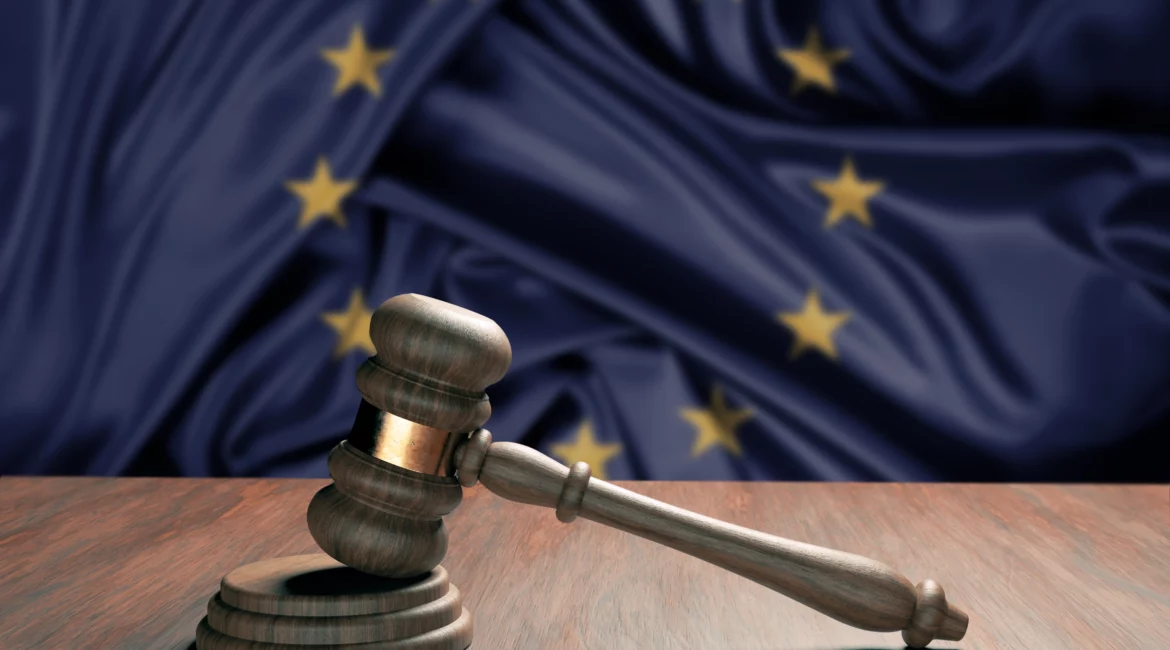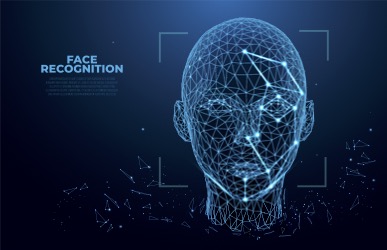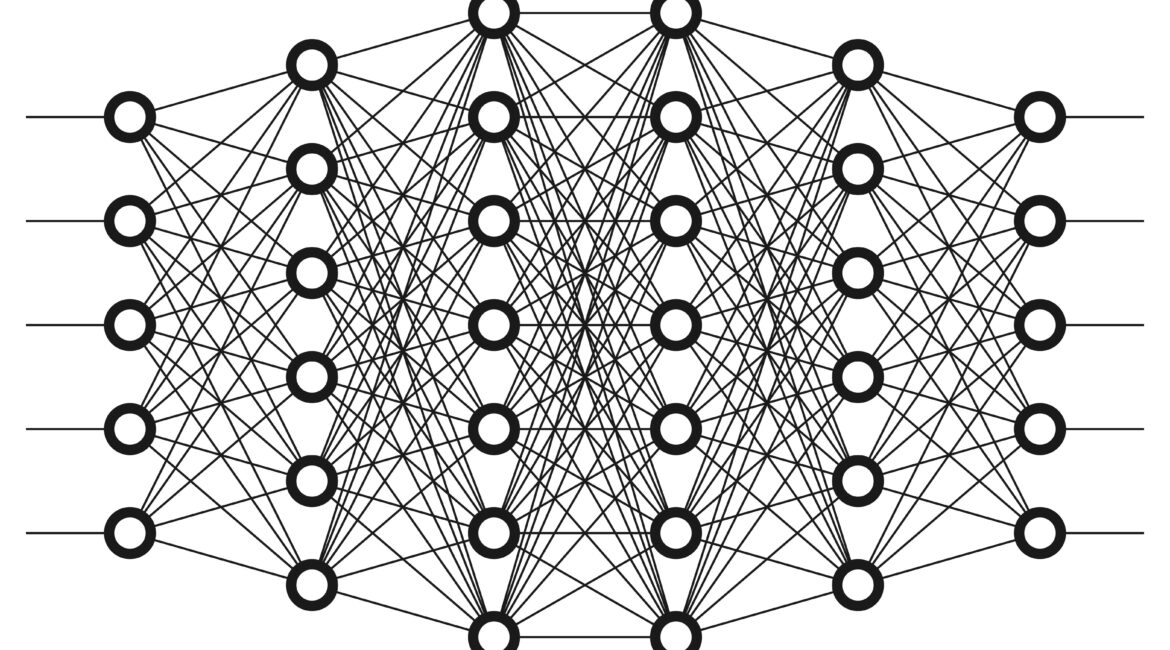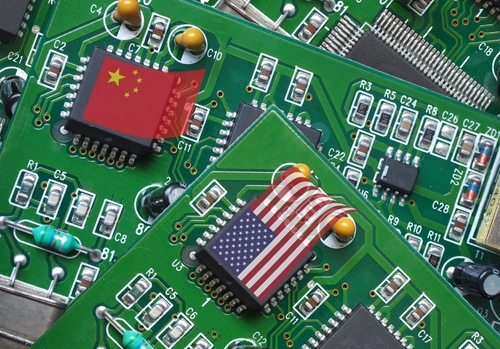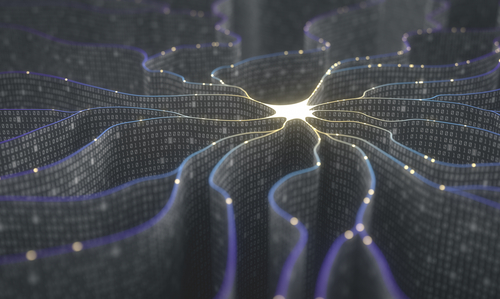In a significant ruling delivered on September 27, 2024, the Hamburg Regional Court (LG Hamburg) in Germany addressed the growing tension between copyright law and the use of copyrighted materials for training artificial intelligence (AI) models. The case highlights the complexities of copyright when images are used for AI training...
Transition Timetable for the European AI Act
The European AI Act (Regulation (EU) 2024/1689) was published in the EU’s Official Journal on 12 July 2024 and entered into force on 1 August 2024. The timetable for the phased transition of the Act can now be determined: 1 August 2024: The AI Act enters into force (20 days...
European Parliament approves AI Act
On 13 March 2024, the European Parliament approved the EU's Artificial Intelligence (AI) Act. The text was agreed in negotiations with EU member states in December 2023 and has now been endorsed by members of the European Parliament. The new law aims to protect fundamental rights, democracy, the rule of law and...
US Patent Office – Guidance for AI Inventions
The US Patent and Trademark Office has issued a document to provide detailed guidance on inventorship in the context of AI-assisted inventions. The guidance clearly states that inventions created with the assistance of artificial intelligence (AI) are not categorically unpatentable, but the document emphasizes that even if AI plays a...
Patenting an Artificial Neural Network in the UK
The UK High Court recently issued a significant judgement on the application for a patent directed to an artificial intelligence network and overturned the UK IPO’s rejection of the patent application. The court disapproved the argument that the recommendation system, controlled by a trained artificial neural network (ANN), was excluded...
US Clampdown on High-Tec Investments
US President Joe Biden's Executive Order clamping down on high-tec investments in China has also major implications for European companies. The order must be complied with by any "United States Person" and this includes not only companies with headquarters in the US or organised under laws of US states, but...
Artificial Intelligence, Inventive Step and Disclosure
A further decision from the European Patent Office’s Boards of Appeal illustrates the challenges faced by patent applicants when filing for patents for artificial intelligence (AI) inventions but also provides a number of suggestions on the level of detail that the patent office requires when disclosing the invention. The decision...
Euro Parliament agrees text of AI Act
The European Parliament approved on Wednesday, 14th June, a revised version of the EU Artificial Intelligence Act (AIA). The text will now pass to the so-called "trilogue", at which will be discussed with the European Commission and the Member States. The AI Act appears to be on a path to adoption in...
Neural Networks and Technical Problems
According to the European Patent Office's Board of Appeal Decision T 0702/20, a neural network defines a class of mathematical functions and, as such, cannot be protected by a European Patent. However, the neural network can be considered when assessing the inventive stop used to solve a technical problem and...
Classifying Spam – not patentable in Europe
The challenges in obtaining European patent protection for inventions in the field of artificial intelligence have been highlighted in a recent decision by the European Patent Office’s Board of Appeal in dealing with a European patent application Nr. 14725807.3 by Google for “classifying resources using a deep network”. The patent...

